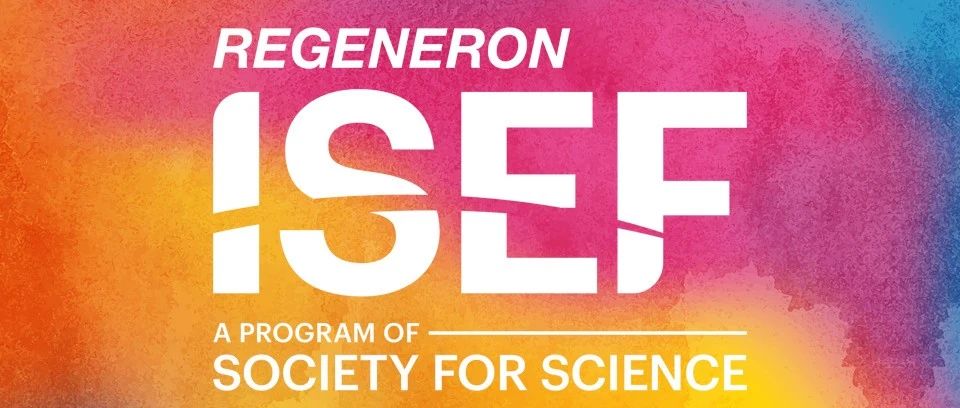首先老不老套其实看场景: 那些学习语言初期积累下来觉得形象生动的表达,在后期回头看的时候可能会觉得是很模式化和没有生命的,比较典型的就是类似“一个硬币有两面”这样的俏皮话。
另外一些流行语也是特别容易落入老套的,比如想下中文“给力”或者“干就对了”这样的表达,听上去是不是觉得很老套。类似表达让我们觉得老套的核心原因是被用的太频繁了以后,有些审美上的疲劳。
英文里的比如 at the end of the day. 不管是采访还是剧集、电影里面,这个表达真的出现的频率很高,听多了就腻了。 标题说的主编的邮件是 The Atlantic 最近的一篇文章提到的

A few weeks ago, the editor in chief of The Atlantic, Jeffrey Goldberg, sent an email to the newsroom about clichés. To paraphrase: He wanted us to try harder to avoid them, because nobody comes to the website or the print magazine to be bored and annoyed.....
文章说的是ChatGPT 等chatbot 将带来一个有更多老套表达的时代,因为这些chatbot 的算法核心就是去猜测在某个语境下人类最可能的表达。既然是最可能,当然高概率就是一些老套的表达。 但这里我们要谈的不是ChatGPT,而是哪些表达会让人觉得是比较老套的。 文章没有具体引用主编邮件里列举的所有的表达,但有全文有提到以下几个
- needless to say
- in the wake of
- across the pond (when we say 'across the pond' or 'the other side of the pond' we might be referring to the Atlantic Ocean and the United States. )
- boots on the ground
- cooler heads prevailed
因为作者聊的是职业写手的情况,所以有些表达对于我们来说可能不见的常遇到,也就没法共鸣是不是老套了。但既然职业的都说不好了,还是跟着学习了吧。 下面有些表达也是常见于职业写手的,一般会觉得老套的表达,比如下面这个引入证据的几个表达
- Observers (unless referring to people actually sitting around watching something)
- [Person] is not alone (from anecdote to generalization, we get it)
- And [someone/something] is no exception
- Critics say (or “critics are quick to point out”)
- The narrative (unless referring to a style of writing)
- Probe (an uncomfortable substitute for “investigation”)
上面几个表达有些类似我们日常里引入证据的时候说“他们说...”/"有人说", 就显得证据很不靠谱。
也有些是谈的太空的,动不动就说社会啊,国家啊,类似的“大词病”,也会觉得信息价值不大。比如,
- As a nation (or worse, “as a society”)
- The American people (unless in a quote)
- The social fabric (or “the very fabric of our democracy/nation/society”)
下面几个老套的表达可能是我们自己写作的时候会用到的,所以最好避免下:
- Suffice it to say (if it suffices, then just say it)
- Outside the box (describes creative thinking — with a cliche)
- At first glance (or worse, “at first blush”)
- Upon deeper reflection (why not reflect deeply from the start?)
总结
关注于自己的文字是不是老套,其实是已经开始注意自己写的“好不好”的阶段了。如果目前还处于担心自己写的“对不对”阶段的,先不用太计较这部分内容,了解下就好。













